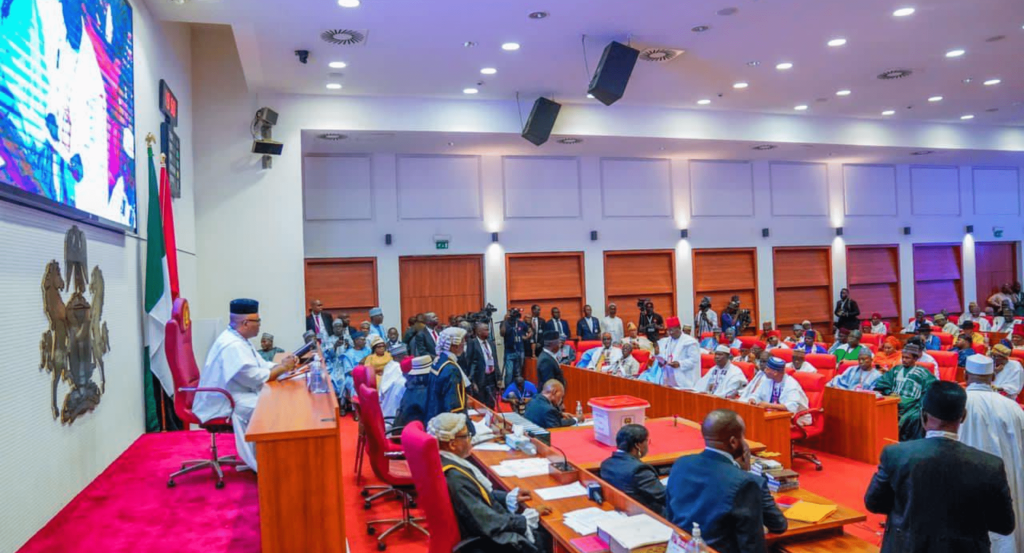Africa, often referred to as the cradle of humanity, is now poised to become the center of the next agricultural revolution. With vast arable land, a fast-growing population, and increasing demand for food, the continent has the potential to transform its agricultural sector into a sustainable and high-yield industry. Artificial Intelligence (AI) is emerging as a game-changer, helping Africa overcome challenges such as climate change, food insecurity, and inefficient farming practices.
This article explores how AI is revolutionizing agriculture in Africa, addressing its opportunities and challenges, and highlighting how governments, private sectors, and individuals can embrace AI to secure Africa’s agricultural future.
Why AI is Critical for African Agriculture
Historically, African farmers have relied on traditional knowledge, which, though valuable, is becoming less effective due to modern challenges. AI brings a solution by enabling farmers to make better decisions based on real-time data, improving productivity, and reducing waste. Below are key drivers behind AI adoption:
- Climate Change: Weather patterns are becoming unpredictable, making it hard to rely on traditional farming calendars. AI can predict weather trends, helping farmers plan activities such as planting and irrigation.
- Resource Management: Water scarcity and soil degradation require precision agriculture. AI helps farmers use resources efficiently, reducing costs and environmental impact.
- Pest and Disease Control: AI-powered tools can detect diseases in crops at an early stage, preventing major losses.
- Demand for Food: With Africa’s population expected to double by 2050, agriculture must be modernized to meet the growing demand.
Key AI Applications in African Agriculture
1. Precision Farming
AI helps farmers monitor and manage crops with greater precision. Drones and satellite imagery can capture field data, while soil sensors measure moisture levels. Farmers receive actionable insights on when to plant, fertilize, or irrigate, reducing waste and increasing yields.
Example:
In Kenya, a startup offers AI-powered tools that provide farmers with weather forecasts, soil health insights, and disease alerts, leading to higher productivity.
2. AI for Crop Disease Detection
AI-powered image recognition systems identify pests and diseases quickly, allowing farmers to act before the problem spreads. This helps safeguard food security.
Example:
Ghanaian researchers have developed a disease detection tool that helps farmers protect cassava crops, preventing losses and improving harvests.
3. Supply Chain Optimization
AI improves agricultural supply chains by predicting demand, tracking produce, and reducing food waste. Farmers gain better access to markets while consumers receive fresh, high-quality products.
Example:
In Nigeria, AI-powered logistics systems have reduced delivery delays and food spoilage, increasing profits for farmers and ensuring consistent supply to markets.
4. AI-Enabled Market Forecasting
AI can analyze market trends and consumer preferences, guiding farmers on what crops to grow. This reduces the risks of oversupply and helps farmers focus on high-demand products.
Opportunities AI Brings to African Agriculture
- Increased Efficiency: AI helps farmers save time, effort, and resources, allowing them to focus on expanding their operations.
- Empowering Smallholder Farmers: Access to AI tools enables even small-scale farmers to benefit from advanced farming techniques.
- Regional Investment: AI’s success in agriculture will attract investments from local and international markets, strengthening Africa’s agricultural economy.
- Empowering Women Farmers: Since women play a crucial role in African agriculture, AI solutions tailored to their needs can improve their productivity and financial independence.
Challenges of Implementing AI in Agriculture
- Limited Digital Infrastructure: Many rural areas lack access to reliable internet, electricity, and modern technology.
- Data Scarcity: AI systems require vast amounts of data, but African farmers may not have access to structured datasets.
- High Costs of Technology: Many farmers cannot afford expensive AI tools and equipment.
- Lack of Expertise: There is a shortage of AI specialists with knowledge of both agriculture and technology.
The Role of Governments and Private Sectors
To unlock AI’s full potential, governments, private companies, and research institutions must collaborate. Key actions include:
- Investment in Infrastructure: Expanding internet coverage and providing access to affordable technology are essential.
- Education and Training: Training farmers in AI tools and data-driven agriculture will help them embrace new technologies.
- Public-Private Partnerships: Collaboration between governments and private companies will drive innovation.
Supportive Policies: Governments should create policies that encourage AI adoption while protecting farmers’ interests.
Success Stories of AI Adoption in Africa
- Kenya: A precision agriculture platform provides real-time data on soil health and weather patterns, increasing yields and reducing input costs for farmers.
- Nigeria: AI-powered supply chain systems reduce food spoilage and increase profitability by improving logistics.
- Ghana: Disease detection tools powered by AI protect cassava crops from infestations, enhancing food security.
Addressing Ethical Concerns
While AI offers immense potential, it also raises ethical questions, including:
- Data Privacy: Farmers’ data must be protected to build trust in AI systems.
- Bias in Algorithms: AI systems must be designed to be fair and inclusive, avoiding biases against smallholder farmers or marginalized groups.
- Job Displacement: Although AI can automate tasks, it must also create new opportunities for farmers through reskilling and upskilling programs.
Conclusion: A Future Driven by AI
AI holds the key to transforming African agriculture, making it more efficient, resilient, and sustainable. By optimizing farming practices, reducing waste, and empowering farmers with data-driven insights, AI can unlock Africa’s agricultural potential.
For this transformation to succeed, stakeholders must invest in infrastructure, education, and policies that foster innovation. With the right strategies in place, Africa can become a global leader in AI-driven agriculture, ensuring food security and economic growth for future generations.
The journey towards AI-powered agriculture has already begun. Africa’s farmers, governments, and private sectors must now work together to harness the full potential of this technology and create a prosperous agricultural future for the continent.
With AI as a trusted ally, Africa’s fields can flourish, feeding its people and fueling economic growth. A new agricultural revolution is on the horizon—one that promises sustainability, efficiency, and opportunity for all.



























